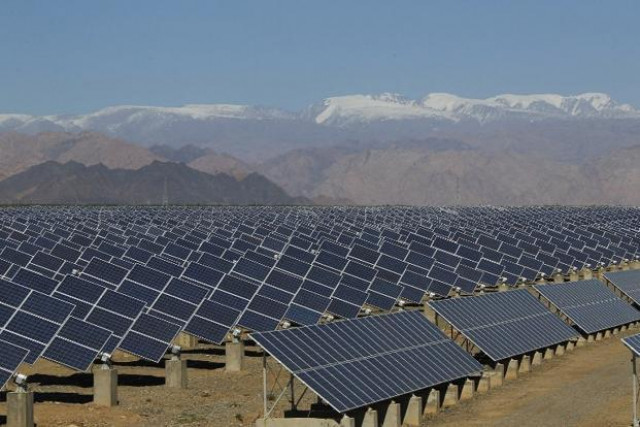
Officials say the tax was imposed to encourage local manufacturing of solar panels but the country's Alternative Energy Development Board (AEDB), a public organisation, has recommended the government remove it as it is hampering efforts to expand the use of solar energy and get power to off-grid areas of the country.
Asjad Imtiaz Ali, chief executive officer at AEDB, called the tax, which came into effect in July, an "inadvertent mistake" by the government - one he hopes will soon be rectified.
"The taxes are unfair and bound to hamper the promotion of solar energy," said Ali, who predicted they will lead to a 35 per cent increase in the cost of solar panels in Pakistan.
Currently, two Pakistani manufacturers of solar panels, Akhter Solar Ltd and Tesla Solar Ltd, meet about 5 per cent of the total demand for photovoltaic panels in the country, Ali said. The rest of the demand is met by imports, he said.
But scaling up demand for local solar products will depend on ensuring their quality, Ali said.
For the protection of consumers, the AEDB has recommended the government put in place standards to ensure that all solar panels sold in the country have a guaranteed lifespan of at least 20 to 25 years.
If local manufacturers meet those standards, the government could then provide incentives to help them boost their production, as such a move would help generate employment and promote local alternate energy solutions, he said.
Currently, however, "the government should not impose any tax on the import of solar equipment until local production reaches a level of 70 to 80 per cent" of market share, Ali suggested.
The new tax has already hit solar panel import businesses in Pakistan.
Nauman Khan, one panel importer and chief executive officer of Grace Solar Pakistan, said the government move has put his million-dollar-a-year business at stake.
"We'll definitely pass on the taxes to our customers," he said. The higher cost may stop some people from turning to solar power, he predicted.
Pakistani businessmen import solar equipment from the United States, Germany, Japan, Britain and China, among other countries, they said.
Some solar importers said they are struggling to get already arrived consignments cleared from the port in Karachi, without paying the new imposed taxes.
Khan said he has 65 containers of solar panels marooned at the port, with the government not ready to grant an exemption even on equipment ordered before the new levy came in.
"This is not our issue alone," he said. "Rather, the imports are actually helping the government to bridge its power shortfall."
Pakistan has suffered serious power shortages, particularly during summer periods of high demand. Currently, the country's rural areas face blackouts of over 11 hours a day while urban areas suffer up to eight hours of daily power cuts, officials said.
Reversal of policy
The new tax comes after the government of President Pervez Musharraf in 2006 announced tax breaks for the renewable energy sector as part of a drive to supply off-grid parts of Pakistan with solar energy.
According to a 2011 report published by the International Energy Agency, 38 per cent of Pakistan's population lacks access to electricity.
Qamaruz Zaman, an expert on climate change with Lead Pakistan, a non-profit organisation in Islamabad, urged the government to review its decision to tax solar imports, calling solar energy an easy way to overcome the country's power shortages.
The taxes will hurt farmers the most as they are quickly turning to solar energy to operate their tube wells, he said. If the country promotes uptake of clean energy, he said, it should be able to access international climate financing to help support a clean energy transition.
"The local industry produces low-standard products and it cannot meet the demand as well (as imports)," he said. He urged the government to subsidise imports of solar panels, rather than taxing them.
Hamid Gulraiz, the general manager of Akhter Solar Limited, admitted his company cannot yet meet the local demand for solar panels. But he said he could expand production if orders come to his company rather than to importers.
"If the government retains the taxes on the import (of solar equipment), businessmen will automatically start setting up their manufacturing plants in Pakistan," he said. He urged the government not to bow to pressure from importers.
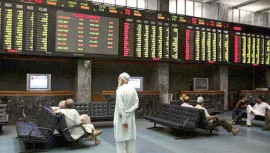


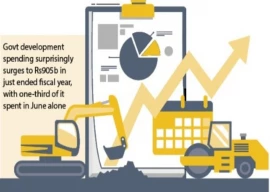

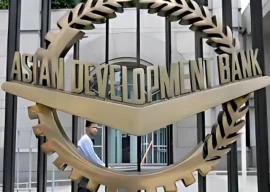
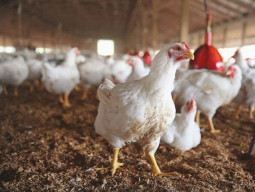


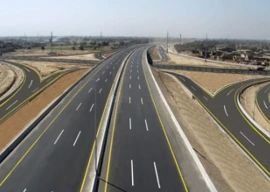








COMMENTS
Comments are moderated and generally will be posted if they are on-topic and not abusive.
For more information, please see our Comments FAQ